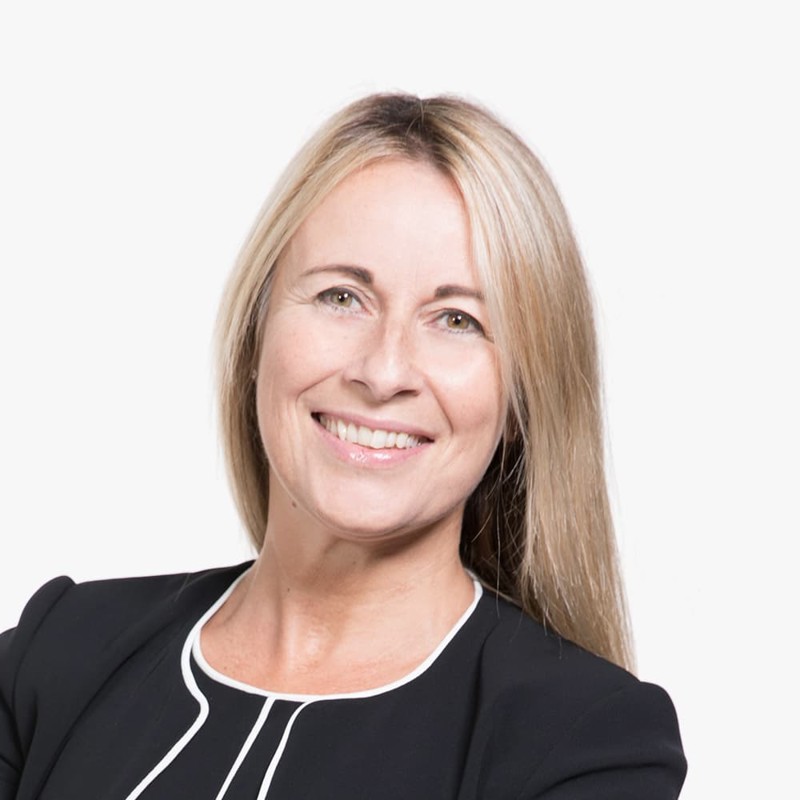From 22 July 2025, key dental roles—including nurses, hygienists, and therapists—have been removed from the UK’s Skilled Worker visa eligibility list. This change reflects tightening of immigration rules and could worsen staffing shortages in dental practices.
In a significant change to the UK’s immigration framework, the Home Office has removed a number of dental care professional roles from the skilled worker eligible occupation list, including dental nurses, dental hygienists, and dental therapists.
Changes to Immigration Rules
From 22 July, the minimum skill level for skilled worker visa eligibility increased from RQF Level 3 and above (approximately A-level) to RQF Level 6 and above (mainly graduate professions). This represented a significant tightening of the existing system — 111 occupations previously eligible under the skilled worker route were removed, including some relevant to dentistry.
For occupations below RQF level 6, a new Temporary Shortage List (TSL) immigration is available for time limited visas. The TSL is part of the UK’s immigration reforms and is designed to address immediate labour shortages in critical sectors, particularly those requiring skills at RQF Level 3–5 (below degree level).
- Time-Limited Access: The TSL provides temporary access to the skilled worker route for occupations identified as experiencing persistent shortages. This access is conditional and will be reviewed regularly to ensure it reflects current labour market needs.
- Eligibility Criteria: Employers must comply with all skilled worker rules, including meeting full salary thresholds. The certificate of sponsorship must be issued before the end of the designated period, which is currently set to expire on 31 December 2026.
- Focus on Critical Roles: The TSL targets occupations essential to the UK’s industrial strategy or critical infrastructure, such as certain construction jobs and healthcare roles.
- Employers sponsoring workers for roles on the TSL must demonstrate active efforts to recruit and train domestic workers, including presenting credible workforce development plans.
- There are also restrictions on bringing dependants to the UK.
The proposed changes include transitional arrangements, so that existing skilled worker visa holders may continue to extend their visas, bring dependants, change employment, and take supplementary employment in occupations below RQF level 6. The new rules will apply to applicants from overseas and to those applying to switch from other routes (such as the graduate visa route).
Salary requirements for work visas are also being raised in line with the latest Office for National Statistics data, ahead of an upcoming thorough review of salary requirements (including discounts) by the independent Migration Advisory Committee (MAC). From 22 July, the minimum standard salary threshold for skilled worker visa applicants will be increased from £38,700 per year to £41,700 per year or the going rate for the role, whichever is higher.
For a ‘new entrant’, the minimum salary will be increased from £30,960 per year to £33,400 per year or 70% of the going rate for the SOC 2020 occupation code, whichever is higher.
Dental roles no longer eligible for sponsorship
Effective from 22 July 2025, the following dental occupation codes are no longer eligible for sponsorship:
- 3213 Medical and dental technicians (includes the job roles of dental hygienists, dental technicians and dental therapists)
- 6133 Dental nurses
- 1231 Health care practice managers (including dental practice managers).
These roles are deemed by the Home Office to be below RQF level 6 and do not appear on either the Immigration salary list or the Temporary shortage list. This means that UK dental practices cannot sponsor new migrant workers in these roles under the skilled worker visa route.
Sponsors may only sponsor skilled worker applicants in these occupation codes if the applicant was granted permission as a skilled worker under the rules in place before 22 July 2025, and they have had continuous permission as a skilled worker since then.
Dental roles eligible for sponsorship
You may continue to sponsor migrant workers in these occupation codes:
- 2253: Dental practitioners
- 2259: Other health professionals not elsewhere classified
There may be cases where skilled worker visas have been granted for dental therapist roles based on a certificate of sponsorship assigned under SOC code 2259. However, this is complex and should be handled carefully.
What this means for applicants and employers
This policy change is part of a wider effort to tighten skilled migration and prioritise domestic training and workforce development. The UK’s well-documented shortages in dental support staff may worsen. Dental practices will need to invest in training, recruitment, or perhaps even workforce restructuring. It is likely that investment in internal talent using dental nurse apprenticeships, hygienist and technician diploma programs will be strongly considered.
Applicants cannot apply for skilled worker or Health and care visa for affected roles after 22 July 2025. If the worker is already in the UK with sponsorship in these roles, they can extend, switch employers, or bring dependants, but only if:
- their CoS was issued before 22 July 2025
- they remain in the same job type.
The British Dental Association stressed that the abrupt removal of key roles from eligibility for the skilled worker visa from 22 July would exacerbate shortages in a wide range of roles including dental therapists, dental hygienists, orthodontic therapists, and dental nurses. Those in this industry are encouraged to engage with professional associations such as the GDC and Dental Schools Council to advocate for inclusion of dental professions on the Immigration Salary List (ISL) or Temporary Shortage List (TSL).
Our Services
In the meantime, please do contact us at any time to see how our solicitors at Weightmans LLP can assist your dental practice regarding any of the above matters.
For assistance with acquiring or maintaining a sponsor licence, sponsorship and right to work get in touch with our specialist immigration solicitors.
For other services our dental specialists provide such as acquiring or disposing of a practice, expense sharing agreements our taking or assigning a lease. Contact our Dental Lead Claire McCracken.




